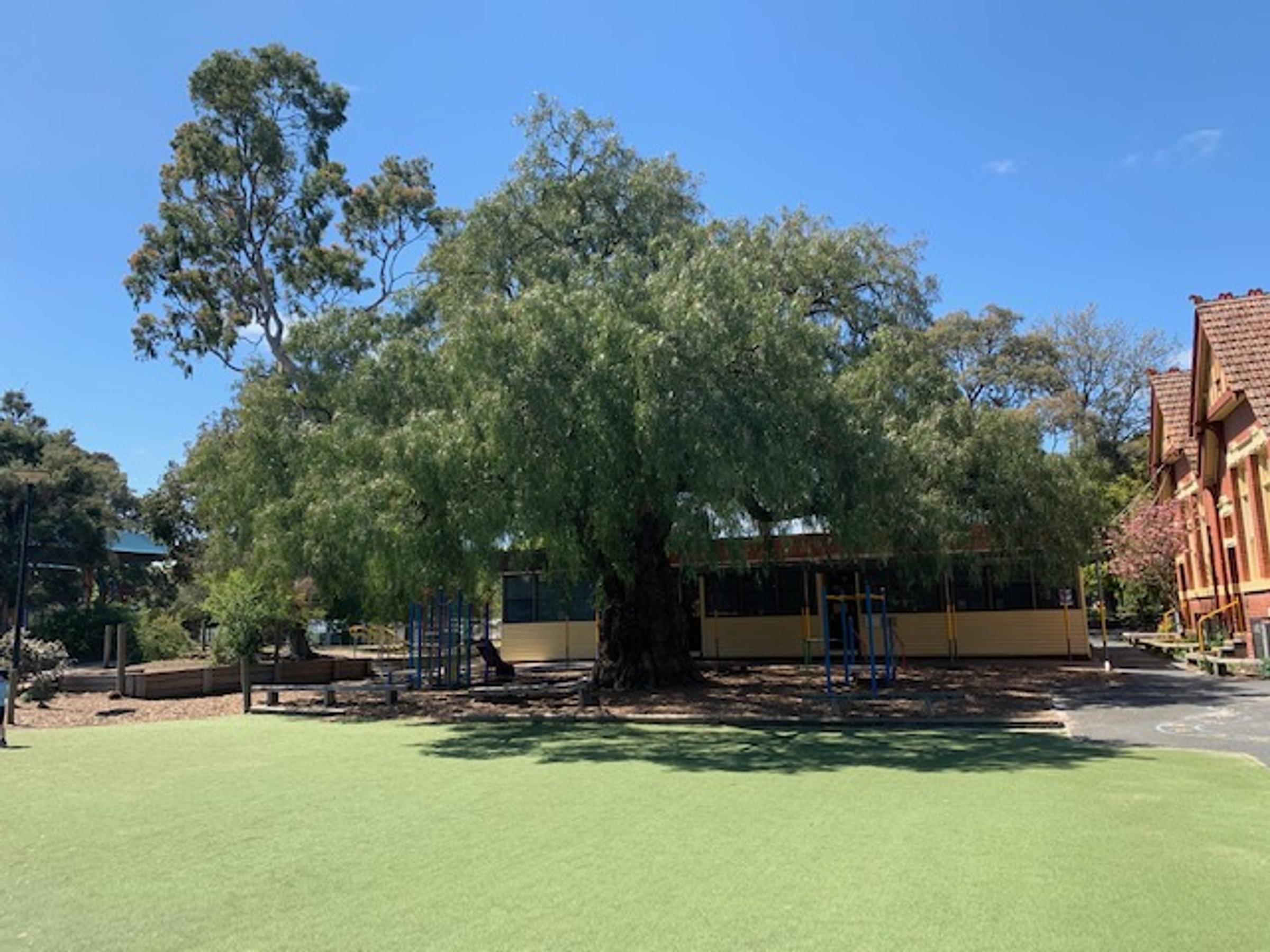Principal's News

Parent Teacher Meetings
The Term One Parent Teacher Meetings will be held next Wednesday afternoon and evening from 2.30pm to 7pm. Parents are asked to book through COMPASS, which is already open for bookings.
Parent Teacher Meetings provide a great opportunity for you as a parent to find out how your child is progressing at school.
Parent Teacher Meetings are tightly scheduled, with only 10 minutes for each interview. Teachers are highly organised so they can make the most of the time you have together.
It makes sense also for you as a parent to be prepared and ready to make the most of the brief time you have with teachers. Here are some tips from Michael Grose (Insights) to help you make the most of these meetings:
1. Prepare well : Before the meeting, list any questions that you want to raise.
2. Attend with a partner or friend : It is easy to miss a point and often difficult to relay information to a partner.
3. Give the teacher a chance to make an assessment of your child’s progress. This may seem obvious but some meetings never get off the ground because enthusiastic parents take over.
4. Take notes and clarify information that you don’t understand : “What do you mean by ‘he needs to spend more time reading’...?” Make sure you have a good understanding of the messages your child’s teacher is giving.
5. Be prepared to give an assessment of your child’s performance : You may be asked how you think your child is performing so give an honest, but realistic assessment.
6. Ask how you can help your child : If there are any areas that need to be strengthened. No doubt your child’s teacher will have some strategies for you to assist your child, so make sure you have a clear understanding before you leave.
If there are unresolved issues or you wish to discuss your child’s difficulties in greater detail, consider asking for another meeting. This is being respectful of the teacher’s time and of those parents who are to follow.
If possible take your child with you to the meeting. If this is not possible consider how you will discuss it with your child.
Avoid giving generalisations or simplistic appraisals such as: “The teacher says you are a good girl.” Discuss areas that need work in positive terms. Talk about strengths or successes first before discussing areas that may need more work. A clear message such as, “We talked about your reading and the teacher suggested that we should try...” is far more helpful.
Involve your child in discussing any plans for improvement. Avoid making big plans for your child to improve in a subject area without consulting them. By involving children and taking notice of their ideas, plans are more likely to be successful.
Please make sure if you ever have any concerns that you discuss these with your child’s teacher.
If you are unable to make a meeting time next Wednesday, please contact your child’s teacher.
Robyn James
